In today’s ever-changing digital landscape, the need for safe and effective data storage solutions has never been stronger. Traditional centralized storage solutions, while useful, have demonstrated limitations. They frequently contain single points of failure, lack transparency, and are vulnerable to data breaches. This has resulted in the emergence of a new type of digital asset: Decentralized Storage Tokens.
Storage tokens are cryptocurrencies that represent a user’s ownership or access to a certain network’s storage space. They are the lifeblood of decentralized storage platforms, facilitating transactions and keeping these networks operational. Storage tokens, like other cryptocurrencies, can be traded, bought, or sold on a variety of digital currency exchanges.
Storage tokens are more than simply a digital currency; they are an essential part of the decentralized storage ecosystem. Let’s first understand decentralized storage more deeply.
Decentralized Storage Tokens Explained
Decentralized storage is a novel method of data storage that takes advantage of a network of nodes, each of which stores a portion of the entire data set. This is in sharp contrast to traditional storage systems, which store data on centralized servers operated by a single firm.
A decentralized storage system distributes data across numerous nodes, improving privacy and security. This is because the data is not stored in a single area that hackers could exploit. Instead, it is distributed throughout a network, making it considerably more difficult for unauthorized users to access or modify the data.
Blockchain technology serves as the backbone of decentralized storage. Blockchain ensures data integrity and security by storing information in uniformly sized chunks. Each block contains hashed information from the preceding block, resulting in a chain of blocks that is nearly impossible to change without discovery. One of the primary reasons for the growing popularity of decentralized storage is its high level of security.
Talking about Storage tokens, these tokens are essential parts of decentralized storage networks. They act as a means of exchange, facilitating transactions inside the network. Users can use these tokens to monetize excess storage space or buy more network storage capacity.
Working of Decentralized Storage Tokens
Unlike centralized storage, which saves data on several servers hosted in a single database, decentralized storage stores data across multiple computers, also known as nodes. All of these nodes are connected via a decentralized peer-to-peer (P2P) network. Napster and BitTorrent were among the first peer-to-peer networks to emerge.
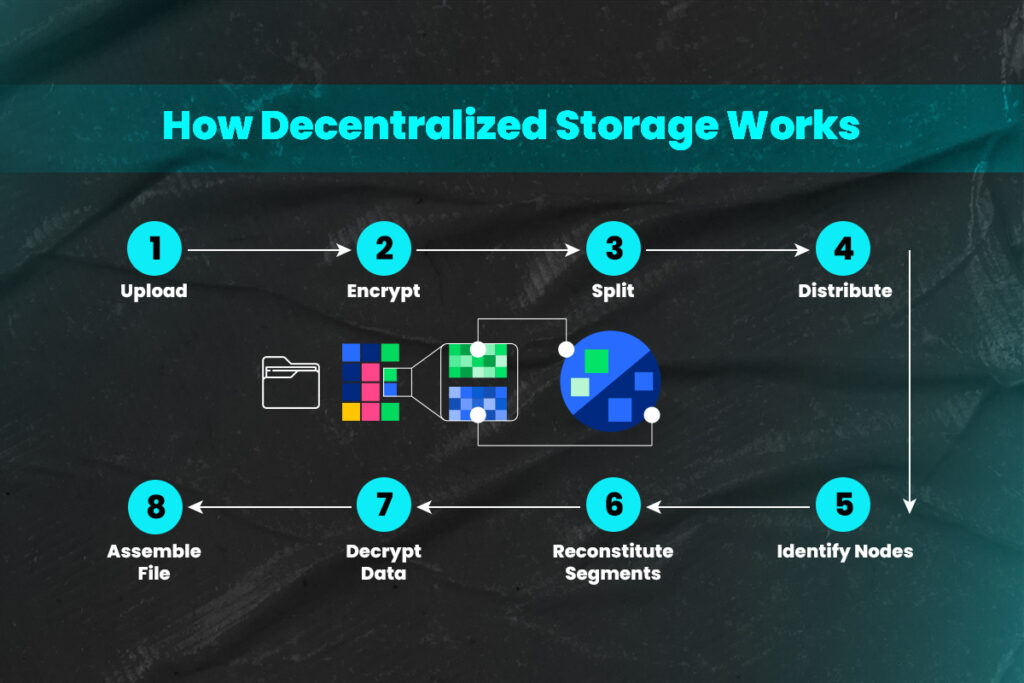
A decentralized storage system, like any centralized storage, allows you to upload and download files from the network as needed. Downloading a file from decentralized storage, for example, will require downloading many pieces of the file from a P2P network until the entire file is downloaded. This is also comparable to how BitTorrent operates.
However, nodes in a decentralized network cannot read or modify your files since all data uploaded to a decentralized storage network is automatically encrypted. As a result, you have complete security and privacy, ensuring that your data is safe.
While centralized storage saves data in a central place that is geographically close to you, decentralized solutions save data throughout a large P2P network, independent of location. As a result, data transfer speeds are often faster in decentralized storage because the entire process is handled by nearby peers rather than physically located servers.
Decentralized storage platforms are supported by a blockchain, which provides transparency and verifiable proof of data storage, consumption, and reliability via cryptography. This eliminates the need to rely on and trust one single provider.
Use case and benefits
Decentralized storage offers several important features. In such systems, individuals with extra storage space can lease it to those in need, creating a self-sustaining environment where data can be stored at a lower cost compared to centralized storage. Node operators can generate income by providing storage.
IPFS is a well-known decentralized storage solution that allows users to store and access files without relying on centralized servers, thus enhancing data accessibility and reducing the risk of data loss.
Filecoin operates on the IPFS protocol, serving as a decentralized network for securely storing, retrieving, and trading data. Users earn Filecoin by renting out their unused hard disk space and sharing resources.
One notable benefit of decentralized storage is its resilience against censorship and outages. With data spread across multiple nodes, the failure of one node is unlikely to disrupt the entire network. Even if some nodes fail, data can still be accessed from others. Scalability is another advantage, as decentralized storage can easily expand by adding more network nodes to increase storage capacity.
Furthermore, decentralized storage systems offer enhanced privacy and security compared to traditional ones. Data encryption and distribution across numerous nodes make it challenging for attackers to access or manipulate data. Additionally, users can maintain anonymity on the network, further bolstering privacy.
Top 5 Storage Tokens
▪️ Internet Computer (ICP): The Internet Computer blockchain represents a radical rethinking of blockchain design, powered by cryptographic advances. It introduces the first “World Computer” blockchain, which can be used to create practically any online system or service, including demanding web social media, without the need for standard IT services such as cloud computing. As a result, it may provide complete end-to-end decentralization.
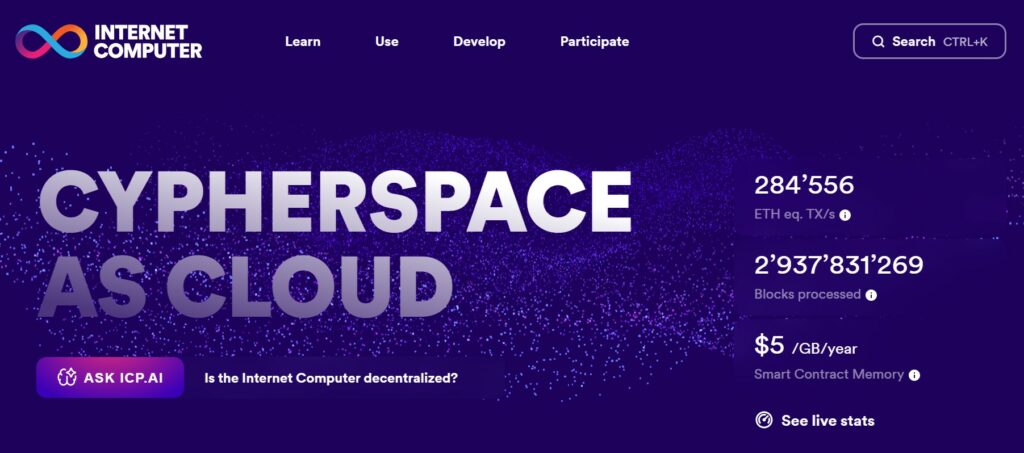
Talking about the ICP’s token performance, the ICP token is currently trading at a price of ₹1,257.99, up more than 27% in the past 30 days. The ICP token has a current market value of ₹578.72 billion, making it one of the top storage tokens.
▪️ Filecoin (FIL): Filecoin is a decentralized storage system designed to “store humanity’s most important information.” The project was originally announced in 2014 as an incentive layer for the Interplanetary File System (IPFS), a peer-to-peer storage network in which users pay in FIL for data storage and delivery.
Filecoin is an open system supported by a blockchain that records commitments made by network participants, with transactions conducted using FIL, the blockchain’s native currency. To that end, the FIL token is currently trading at ₹820.17 with a market cap of ₹426.42 Billion. Talking about the growth percentage, the token has shown a growth of over 97% in the last 30 days.
▪️ BitTorrent (BTT): BitTorrent is a prominent peer-to-peer (P2P) file-sharing and torrent platform that has become more decentralized in recent years. BitTorrent was first released in July 2001 and was purchased by blockchain platform TRON in July 2018.
Since its takeover, BitTorrent has incorporated a variety of additional capabilities, including a dedicated native cryptocurrency token, BTT, which was released in February 2019. BTT was launched using TRON’s own blockchain, which follows the TRC-10 standard. According to its official documents, BitTorrent is presently the “largest decentralized P2P communications protocol” in the world.
Talking about the BTT token, the token is currently trading at a price of ₹0.0001408, growing more than 117% in the last month with a tremendous market cap of ₹133.63 Billion.
▪️ Ocean Protocol (OCEAN): Ocean Protocol combines blockchain technology, decentralized networks, and cryptographic approaches to enable secure and privacy-preserving data sharing. The purpose of Ocean Protocol is to create the tools and services necessary to enable a new Data Economy that offers data owners control while protecting privacy and assisting in the early commercialization of data, including data markets.
Meanwhile, the Ocean Protocol’s native token OCEAN is currently trading at ₹95.68, showing a profit of more than 175% in the last 30 days. Talking about its market dominance, the OCEAN token currently has a market cap of ₹54.54 Billion.
▪️ Storj (STORJ): Storj, pronounced “storage,” is an open-source cloud storage platform. It basically hosts user data on a decentralized network of nodes. The platform also protects hosted data with strong encryption. Meanwhile, its native token STORJ is trading at a price of ₹63.70 with a magnificent market cap of ₹26.23 Billion. Talking about the growth percentage, the token currently shows a monthly profit of more than 19%.
Where to Buy these Storge Tokens?
SunCrypto, India’s leading and FIU-IND registered crypto exchange, currently has all of the aforementioned tokens listed on its platform in the INR pair.
Users can download the suncrypto app from the Google Play Store and Apple App Store, and after completing the registration and KYC process, they will be able to purchase all of these cryptocurrencies, as well as many others.
So what are you waiting for? Simply click on this link here: onelink.to/vpe7tb
Conclusion
Decentralized storage tokens are transforming how we think about data storage. These currencies, utilizing blockchain technology, make it easier to create decentralized storage services that are secure, transparent, and censorship-resistant. They also allow users to generate passive revenue by offering their resources to the network.
Furthermore, as cryptocurrencies have grown in popularity, storage tokens have emerged as a major market player. As the need for decentralized storage grows, the value and significance of these coins are projected to increase.
To learn more about decentralized storage tokens, go check out SunCrypto Academy.
Disclaimer: Crypto products and NFTs are unregulated and can be highly risky. There may be no regulatory recourse for any loss from such transactions. All content provided is for informational purposes only, and shall not be relied upon as financial/investment advice. Opinions shared, if any, are only shared for information and education purposes. Although the best efforts have been made to ensure all information is accurate and up to date, occasionally unintended errors or misprints may occur. We recommend you do your own research or consult an expert before making any investment decision. You may write to us at [email protected].

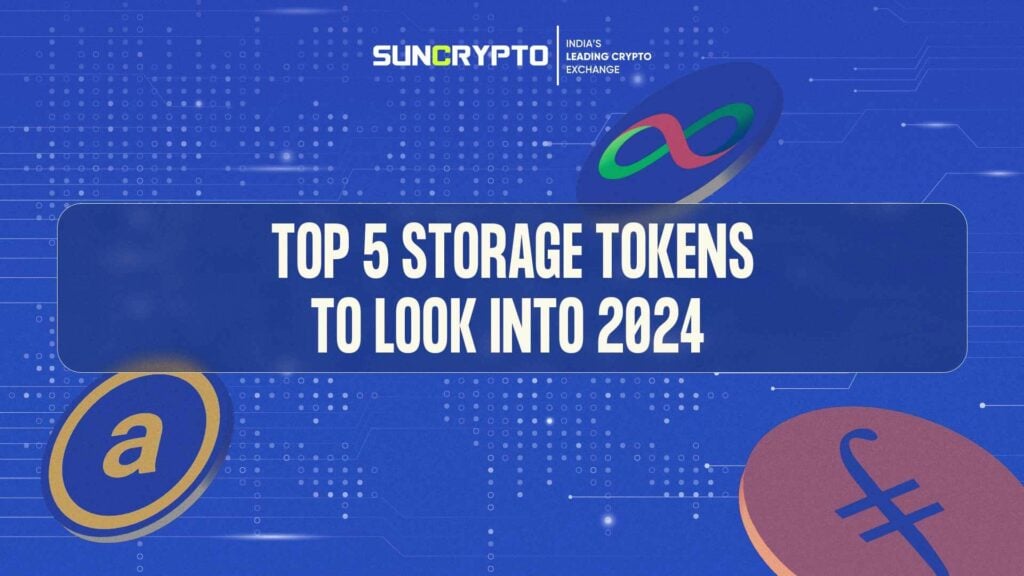
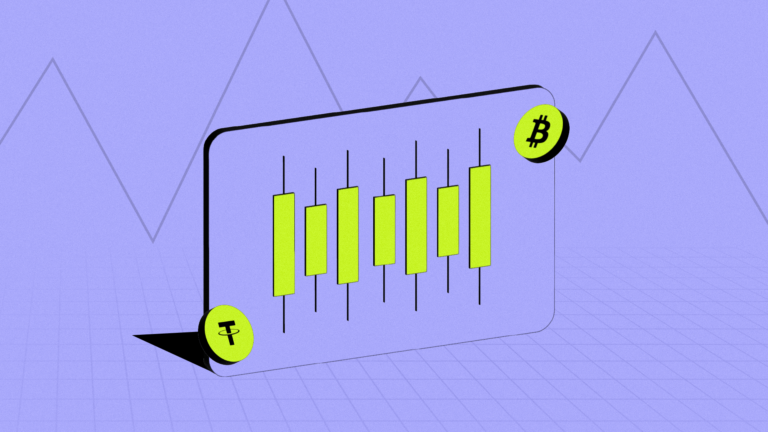

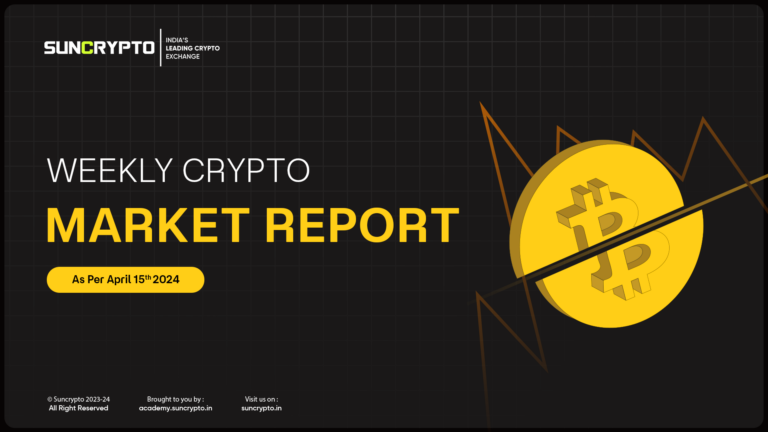
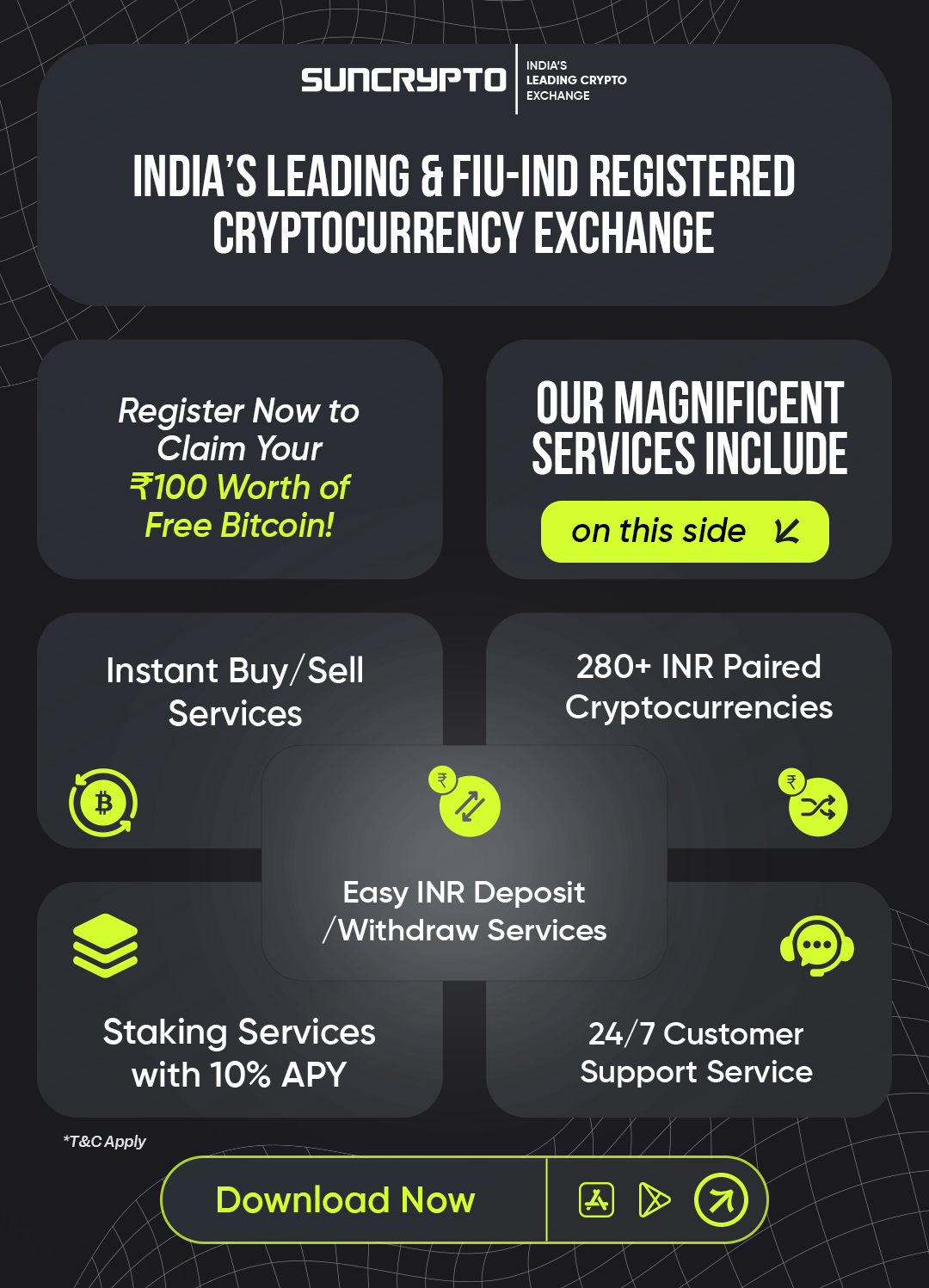
Nice